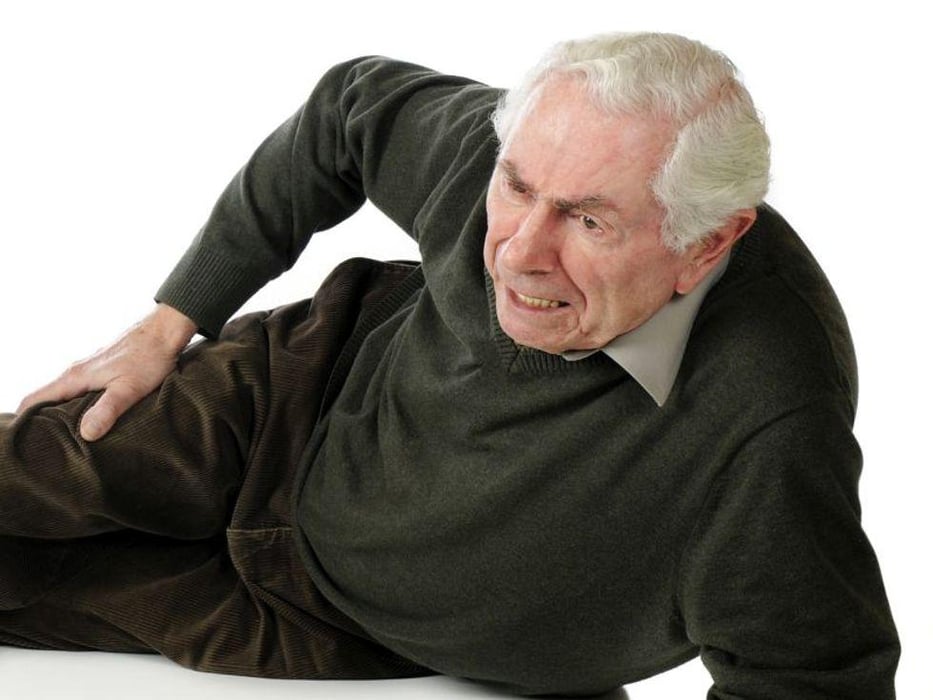Overactive Bladder, Dangerous Falls Often Go Together for Seniors

FRIDAY, Dec. 10, 2021 (HealthDay News) -- An overactive bladder isn't just a nuisance and a source of embarrassment. For the elderly, it can also trigger a potentially fatal fall, a Canadian study says.
“Falls are the leading cause of accidental death in seniors, and many people don’t know that having bladder control problems makes you about twice as likely to fall over,” said study lead author William Gibson, an assistant professor of geriatric medicine at the University of Alberta.
“There’s not previously been a lot of evidence that treating people’s incontinence reduces their risk of falling. So this is a jumping-off point, because now we’ve demonstrated that the sensation of urgency is a source of distraction,” Gibson said in a university news release.
The study included nearly 30 older adults with overactive bladder. Their gait was monitored as they walked the length of the lab and back three different times: under normal conditions; while doing a simple mental test meant to distract them; and after drinking enough fluids to make them have the urge to pee.
The need to urinate caused gait changes similar to those seen when doing the distracting mental task: The gait tended to become slower and narrower, which is associated with an increased risk of falling, the researchers said.
“This is pretty good evidence that people with incontinence are being distracted by their bladders, which means that they're less able to concentrate on walking," Gibson said.
“Being balanced and walking require some cognitive inputs, and for young, healthy people, they don’t have to think about walking,” he explained. “But when you’re older, with changes to the brain, it requires more cognitive input to maintain balance. If you’ve then got a distracting factor of your bladder, it makes you more likely to fall.”
Incontinence is a common issue in older adults, but it's not talked about much, even between doctors and patients, Gibson said.
"If you're a family physician looking after someone who is having problems with falls, one of the things that should be asked is, ‘Are you also having problems with your bladder?’ If so, then what can be done about that?” he noted.
Gibson said the study -- published in PLOS ONE -- "opens up a big field of potential research."
More information
The U.S. National Institute on Aging has more on preventing falls and fractures.
SOURCE: University of Alberta, news release, Dec. 7, 2021
Related Posts
¿Qué es la “sexsomnia”? ¿y el “comer dormido”? ¿pueden ser tratados?
JUEVES, 28 de septiembre de 2023 (HealthDay News) — Todos hemos visto una...
Los tatuajes temporales de los niños pueden dañar la función cutánea
VIERNES, 10 de septiembre de 2021 (HealthDay News) -- Los padres podrían pensar...
In Utero SARS-CoV-2 Exposure Tied to Neurodevelopmental Sequelae
FRIDAY, June 10, 2022 (HealthDay News) -- In utero exposure to severe acute...
